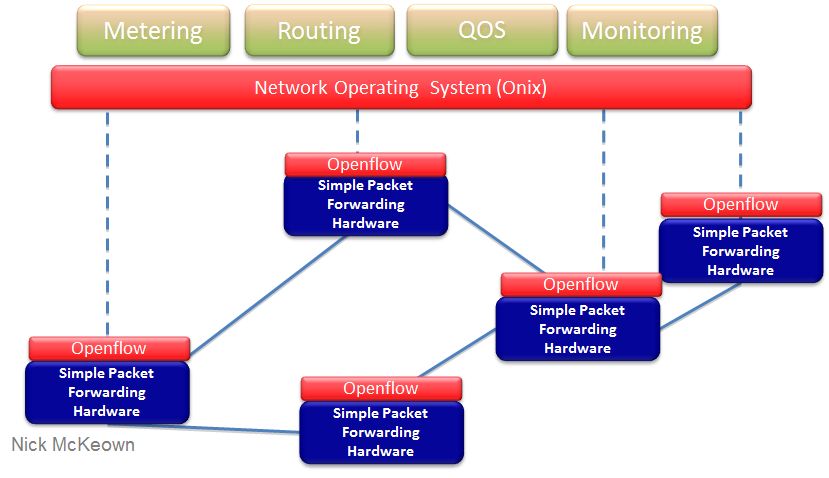

2) Another feature provided by UPC++ but not by UPC is remote function invocation, which is inspired by Phalanx, X10, Habanero-C, and C++11. Titanium's library is similar to Chapel's dense and strided domains, as both were inspired by the dense and strided regions and arrays in ZPL. To remedy this problem in UPC++, we included a multidimensional domain and array library based on that of Titanium. UPC++ includes two main features beyond UPC: 1) One of the major limitations of UPC in the context of DOE application is the relatively more » weak notion of multidimensional arrays, which it inherited from C. UPC++ is a Partitioned Global Address Space (PGAS) extension for C++, with three main objectives: 1) to provide an object-oriented PGAS programming model in the context of the popular C++ language 2) to add useful parallel programming idioms unavailable in UPC, such as asynchronous remote function invocation and multidimensional arrays, to support complex scientific applications 3) to offer an easy on-ramp to PGAS programming through interoperability with other existing parallel programming systems (e.g., MPI, OpenMP, CUDA). GASNet stands for "Global-Address Space Networking". The interface is primarily intended as more » a compilation target and for use by runtime library writers (as opposed to end users), and the primary goals are high performance, interface portability, and expressiveness. It has been used to implement parallel programming models and libraries such as UPC, Co-Array Fortran, Titanium, Legion, Chapel, and many others. GASNet is a language-independent, networking middleware layer that provides network-independent, high-performance communication primitives including Remote Memory Access (RMA) and Active Messages (AM). The library is an evolution of the popular GASNet communication system, building upon over 15 years of lessons learned. GASNet-EX is a portable, open-source, high-performance communication library designed to efficiently support the networking requirements of Partitioned Global Address Space (PGAS) runtime systems and other alternative models in future exascale machines.
#Berkeley upc communication functions registration#
Registration closes for this event when the limit is reached or on October 18, 2019.= , Registration is required for this event and space is limited so please register as soon as possible. The remote connection information will be provided to the registrants closer to the event. This event can be attended on-site at NERSC or remotely via Zoom.
#Berkeley upc communication functions how to#
We will also look at irregular applications and how to take advantage of UPC++ features to optimize their performance.

We will discuss the UPC++ memory and execution models and walk through implementing basic algorithms in UPC++. In this tutorial we will introduce basic concepts and advanced optimization techniques of UPC++. The UPC++ programmer can expect communication to run at close to hardware speeds. The UPC++ interfaces are designed to be composable and similar to those used in conventional C++. It is particularly well-suited for implementing elaborate distributed data structures where communication is irregular or fine-grained.

UPC++ provides mechanisms for low-overhead one-sided communication, moving computation to data through remote-procedure calls, and expressing dependencies between asynchronous computations and data movement. UPC++ is a C++11 library providing classes and functions that support Partitioned Global Address Space (PGAS) programming. Registration is now open for the one day ECP/NERSC UPC++ tutorial.


 0 kommentar(er)
0 kommentar(er)
